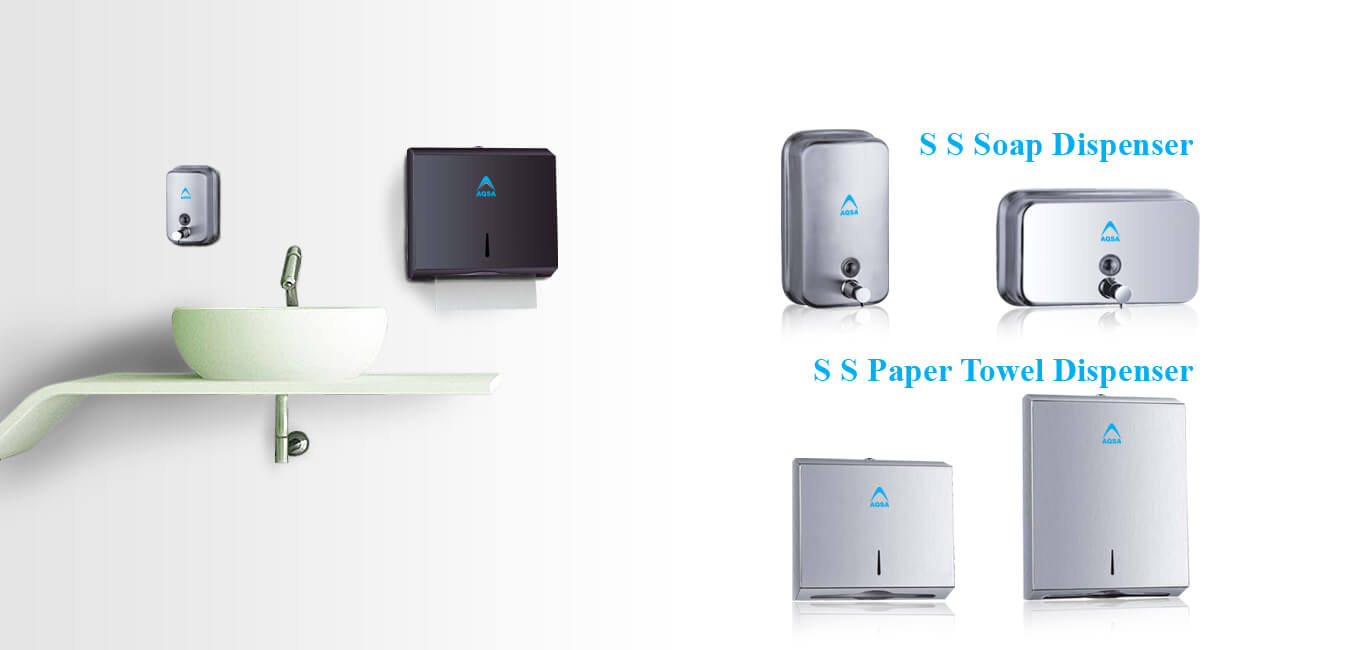It’s becoming more and more critical that you keep yourself clean, especially in a time when the world continues to fight the coronavirus pandemic. Washing your hands with soap and water is the initial step in doing this. To support the habit of washing hands everywhere you go, you can always put liquid soap dispensers Pune in your bathrooms and kitchens.
What is a liquid soap dispenser?
A liquid soap dispenser is a container that can hold liquid soap. Normally, you will find a pump or a button to produce soap every time it’s pushed. Liquid soap, unlike solid ones, is considered to be a more efficient in washing hands as you can get them even in the smallest nooks and crannies of your hand, like in the aperture in your nails or in between your fingers.
A soap dispenser Pune is an excellent way to keep your soap in. Further, it’s more economical as the amount of soap squirted out is controlled. You only need one push of a button, and you can receive a liberal amount to spread into your hands.
Get Different Styles and Choices
You will find numerous choices and styles to look into when you plan to buy your liquid soap dispenser from a soap dispenser dealer Pune. Normally, you will find two types to consider:
- Countertop model – This is a bottle with a pump inside. It can squeeze out the soap when you push the pump down. This type offers a more personal touch if you like one inside your bathrooms or beside your kitchen sink
- Wall model – This model allows you to mount the dispenser on the walls and a button at the bottom of it generates the soap. A wall model liquid soap dispenser is typically seen in public restrooms and washing areas. This model saves you space as it doesn’t sit on the countertop.
How to buy a liquid soap dispenser?
A liquid soap dispenser is always accessible at your local department stores and made with various materials like glass or plastic. Plastic is a much lightweight and durable option, while glass can radiate a homier and cozier look to your washrooms.
Still, whatever the material, look for transparent ones to see whether you need to add in more soap. A transparent casing also enables you to play with numerous colors of the liquid soap and match them with your sink or bathroom color.
Some liquid soap dispenser suppliers even sell a product that’s small enough to fit inside your handbag. You can be confident that you’ll always have clean hands no matter where you go.
To sum up, a liquid soap dispenser is an ideal way to finish the overall look of your bathroom. Your children will look forward to washing their tiny hands with each squirty of the soap.

